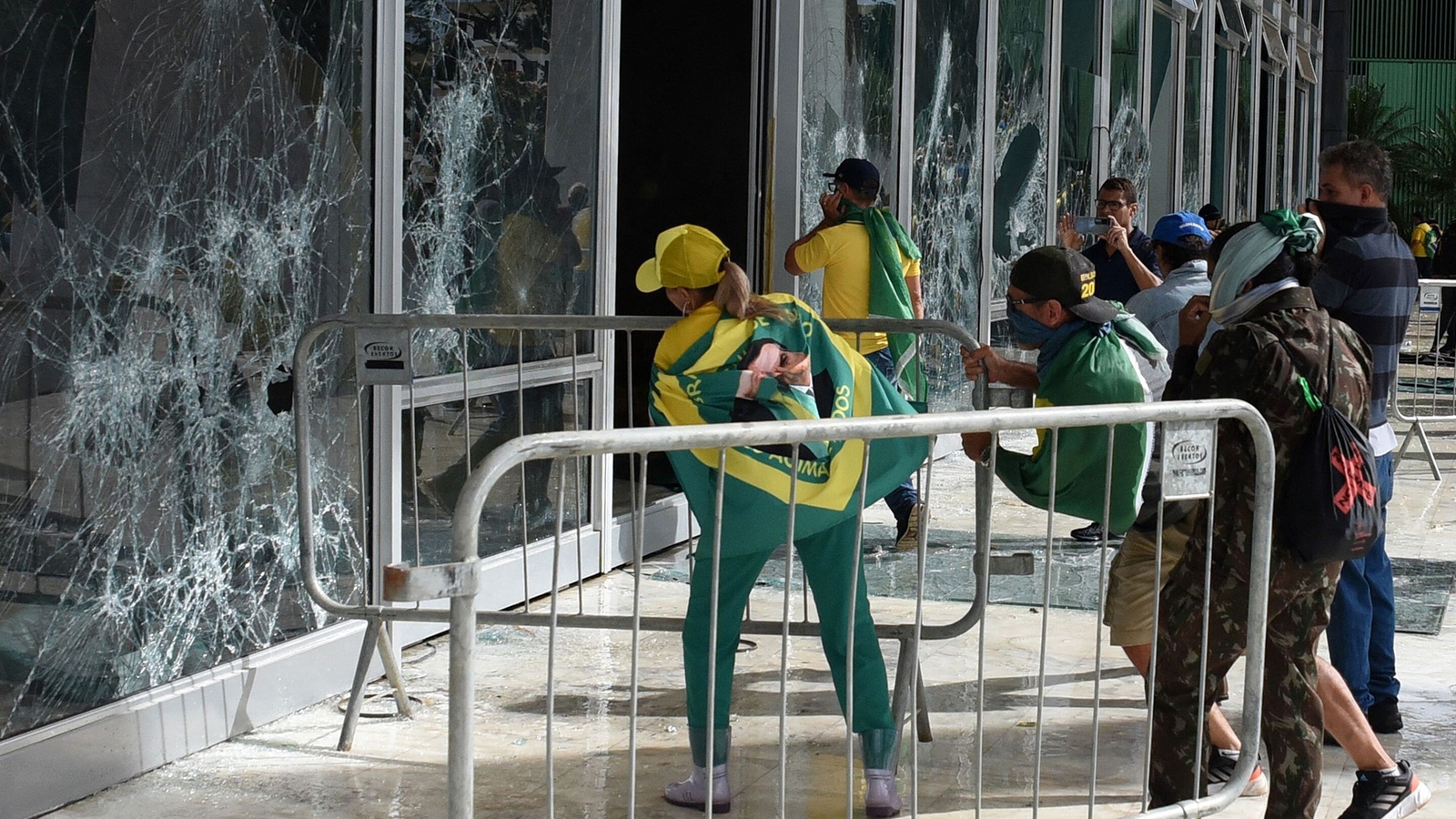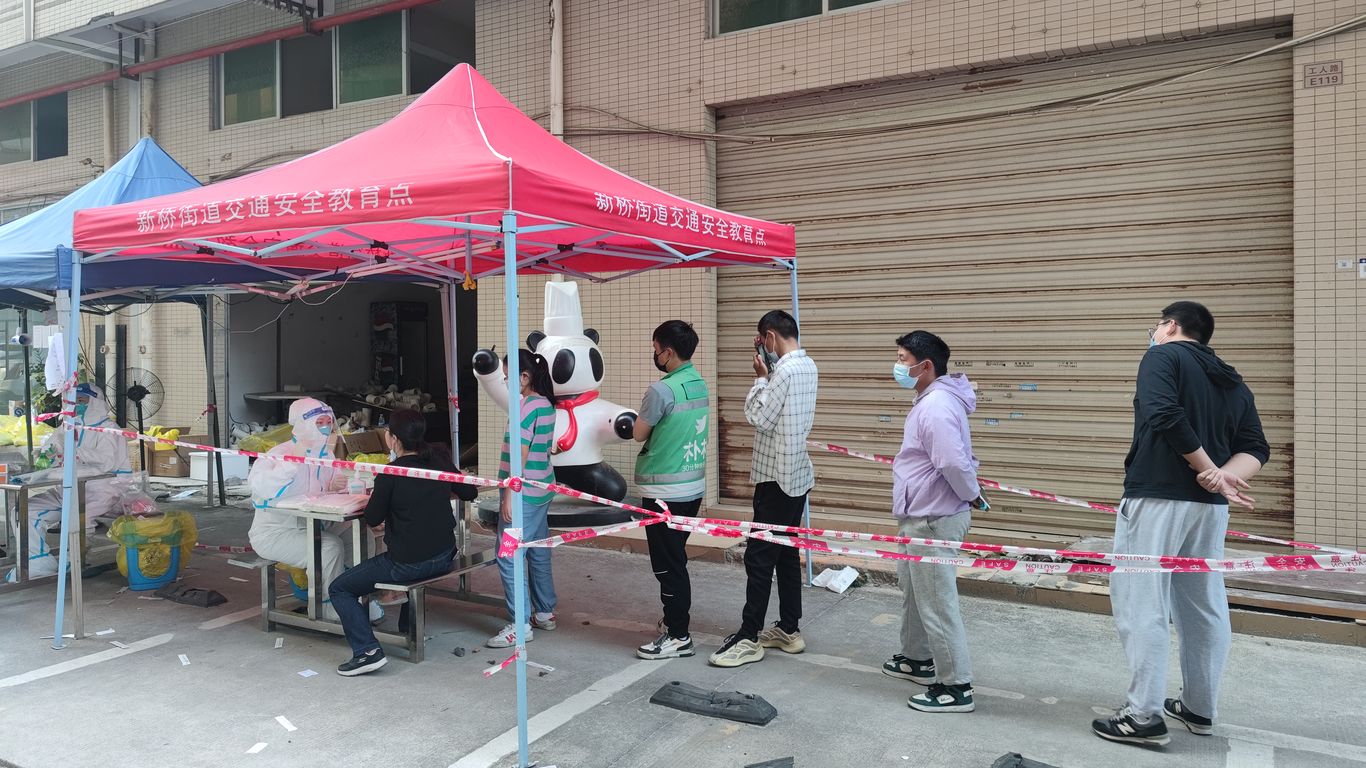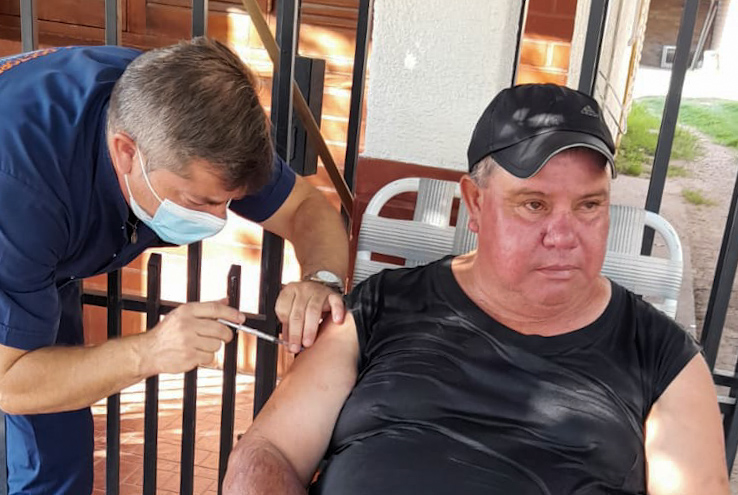By Lucy Whyte
BBC Scotland education correspondent
When Maureen McKenna was six weeks into her job as Glasgow’s director of education, staff at one of her schools were threatening to go out on strike.
A pupil at Drumchapel High had brought a weapon in to class and she was refusing a request for him to be permanently excluded.
“I got a phone call from the union rep and he said staff were voting to go out on strike,” she says.
Ms McKenna says she “took a deep breath” and told him the staff must do what they had to do.
But her role, she told him, was to get everyone together to look at the reasons why that child brought a weapon into school and then look at support for the family and the young person.
She says: “I hung up the phone and I thought ‘Oh god’.”
But in the end, the staff didn’t strike, instead teachers joined a meeting with social workers and others.
It was the first of several occasions during her 14 years in the job where Ms McKenna felt she had to push back against the status quo. Now, as she faces retirement at the end of the year, she stands by her decision on that first case.
“That young man went on and had a successful career at that school,” she says.
“His additional support needs meant he didn’t understand fully what he was doing. Would he have understood exclusion? Would sending him to a different school have changed his life? No, it would have probably made it worse.”
Image source, Getty Images
When the former maths teacher first took the top job in the city’s education team in 2007, exclusions were at an all-time high and she knew she wanted to change that.
“They were just a habit,” she says. “Schools were excluding people again and again. I just didn’t think they were reflecting enough about the context of the young person, where they had come from.
“In one of our secondary schools there were 770 exclusion incidents in one year, there are only 190 pupil days.
“It was like a revolving door – pupils are in school, an incident happens, straight out the door again.
“How were we ever going to improve outcomes and change lives? That is what education is most powerful at doing, changing people’s lives, but they have to be in school.’
Violence reduction
Ms McKenna’s approach fitted with the work and ethos of Scotland’s Violence Reduction Unit (VRU), which was started just before she took up her post. It aims to treat crime as a public health issue and look at root causes of the problem.
There has been an 88% reduction in school exclusions in the past 10 years, at the same time there has been a 50% reduction in youth crime.
Several English councils and Sadiq Khan, the Mayor of London, have sent representatives to learn from Ms McKenna how the approach to exclusions could be having a positive impact on reducing violence.
“We need to be supporting our young people to make better decisions, because that’s really what it’s all about,” she says.
“If you are in school and you see a bit of misbehaviour, you have to make those decisions yourself about whether you get involved or not.
“If you are doing that successfully in school then you are going to be able to do that successfully in the community.”
Image source, Getty Images
She adds: “English local authorities approached us and along with the violence reduction units down south, they are building on the success of the VRU and the schools’ work up here, to take what they can for the English context.”
Cutting back drastically on exclusions hasn’t always gone down well with teachers and families, who feel it could mean more disruption in class.
Ms McKenna says there has never been a policy of zero exclusions.
“There are always times when for the safety of that child, or for the safety of other children, there needs to be an exclusion,” she says.
“Without a shadow of a doubt. It’s about understanding that when a child acts out, maybe they are communicating with you, rather than deliberately being bad.
“I’m not saying children don’t behave badly, or that everyone in the city is perfect, absolutely not, it’s a hard shift in Glasgow and it always will be a hard shift but if we can help our children to manage themselves better, we are creating the next generation of families.”
Note: This article have been indexed to our site. We do not claim ownership or copyright of any of the content above. To see the article at original source Click Here













